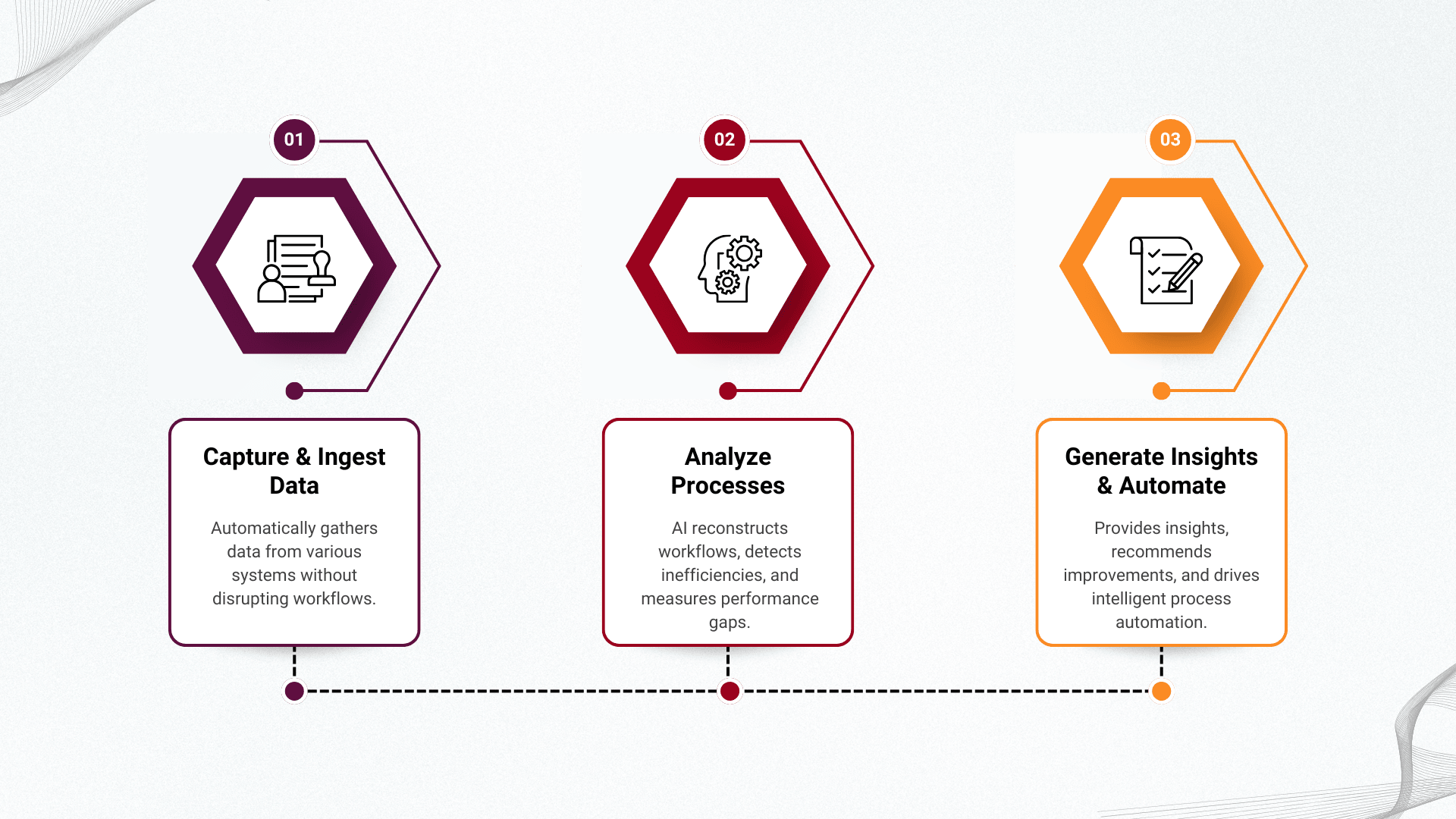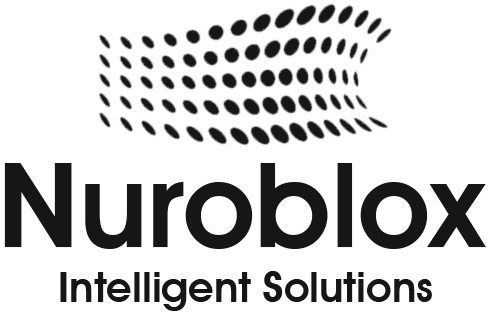Process intelligence
- Home
- Process intelligence

// ABOUT PROCESS INTELLIGENCE
Process Intelligence
Visualize, analyze, and optimize your business processes with real-time insights that drive operational excellence and sustainable growth.










What is Process Intelligence?
Key Features of Process Intelligence
Process Visualization
Process intelligence transforms complex workflows into interactive visual maps that highlight how work flows across the organization. These digital twins of operations reveal real-time variations and exceptions, enabling deeper understanding and improvement of business processes.
Real-Time Analytics
With continuous monitoring and live data analysis, process intelligence provides instant visibility into process performance. Organizations can detect bottlenecks, track KPIs dynamically, and make proactive decisions based on real-time insights instead of reacting after issues arise.
Automation Opportunities
Process intelligence identifies high-impact automation candidates by assessing automation readiness, calculating ROI, and simulating automation outcomes. It empowers teams with the data-driven confidence needed to prioritize and implement automation initiatives effectively.
How Process Intelligence Works
Process intelligence operates through a streamlined three-step approach to uncover and enhance business operations.
Step 1: Capture & Ingest Data – The platform automatically collects data from various enterprise systems such as ERP, CRM, BPM, desktop activities, and communication tools without disrupting existing workflows.
Step 2: Analyze Processes – Using advanced AI, the system reconstructs actual process flows, identifying performance metrics, deviations, and patterns. This analysis helps reveal the gap between how processes are designed and how they are executed in reality.
Step 3: Generate Insights & Automate – Finally, the platform delivers actionable insights with prioritized recommendations for improvement and automation. It identifies high-impact opportunities, suggests optimization strategies, and supports continuous monitoring to ensure lasting results.

Benefits of Process Intelligence
Improved Efficiency and Accuracy
By analyzing real process data, process intelligence helps streamline workflows and eliminate inefficiencies. It reduces manual errors and ensures improvements are grounded in actual performance, not assumptions.
Cost Reduction
The platform reveals hidden inefficiencies and cost-saving opportunities often missed by traditional analysis. This enables organizations to eliminate unnecessary tasks, optimize resource use, and achieve measurable financial benefits.
Automation Readiness
Process intelligence identifies the most valuable opportunities for automation based on data, ensuring that efforts deliver strong returns. It helps prioritize where robotic process automation or AI can have the greatest impact.
Continuous Optimization
Unlike static improvement initiatives, process intelligence enables ongoing monitoring and refinement. As operations evolve, the platform continuously adapts, ensuring sustained performance and agility in decision-making.
We’re Here to Assist You and Address
All Your Questions Anytime!
Industry Use Cases of Process Intelligence
Finance
HR
Supply Chain

Reduce Invoice Processing Time
Process intelligence streamlines the procure-to-pay cycle by identifying bottlenecks and automating routine approvals. This reduces delays, prevents duplicate payments, and enhances compliance while saving significant operational time and cost.

Optimize Onboarding Workflow


